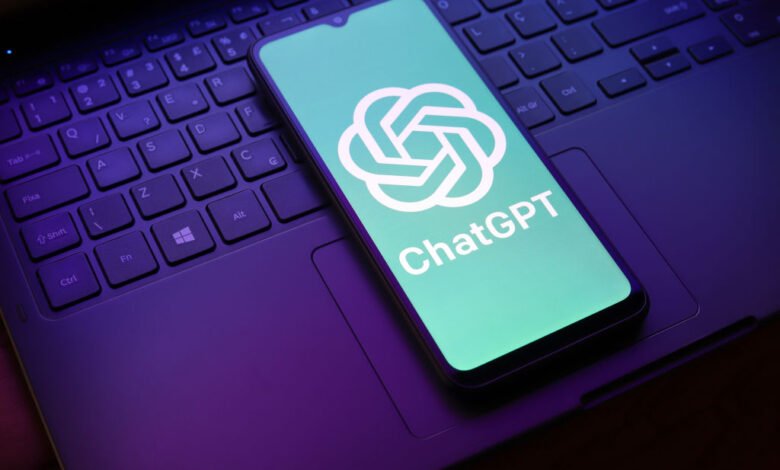ChatGPT: Your Complete Guide to the AI Chatbot

▼ Summary
– ChatGPT has grown rapidly since its 2022 launch, reaching 800 million weekly active users and expanding into areas like e-commerce, mental health support, and personalized assistance.
– OpenAI released multiple AI models in 2025, including GPT-5 for complex tasks, reasoning models like o3 and o4-mini, and specialized tools for coding, image generation, and voice interactions.
– The company faced internal challenges, including executive departures, lawsuits over copyright and safety, and public scrutiny over AI’s impact on mental health and critical thinking.
– OpenAI expanded its services globally with affordable plans in Asia, partnerships with companies like Walmart and Apple, and initiatives to meet data residency requirements and grow AI infrastructure.
– New features were introduced to enhance user experience, such as parental controls, study mode, AI agents for autonomous tasks, and integrations with platforms like GitHub, Slack, and Google Drive.
ChatGPT has revolutionized how people interact with artificial intelligence since its public debut in November 2022, growing from a specialized writing tool into a global platform with hundreds of millions of weekly users. This AI chatbot now handles everything from coding assistance and creative projects to complex research tasks, becoming an indispensable resource for students, professionals, and casual users alike.
The year 2024 marked significant milestones for OpenAI, including a strategic partnership with Apple for their generative AI system Apple Intelligence, the introduction of GPT-4o with advanced voice features, and the much-anticipated reveal of Sora, their text-to-video generation model. Despite these achievements, the company navigated internal challenges including the departure of key executives like co-founder Ilya Sutskever and faced legal actions from media organizations over copyright claims.
As we move through 2025, OpenAI confronts increasing competition from international AI developers while working to strengthen its governmental relationships and expand its infrastructure through ambitious data center initiatives. The company is reportedly preparing for what could become one of the largest funding rounds in tech history.
Recent developments highlight ChatGPT’s expanding capabilities and societal impact. The platform now handles over a million conversations weekly about mental health struggles, prompting OpenAI to consult with more than 170 mental health specialists to improve response quality during sensitive discussions. New features include music generation from text prompts, enhanced workplace integration through “company knowledge” that searches across platforms like Slack and Google Drive, and the introduction of Atlas, an AI browser that positions ChatGPT as a primary search tool.
The platform’s commercial applications continue to grow through partnerships with major retailers like Walmart, enabling product browsing and purchasing directly within conversations. OpenAI has also expanded access through budget-friendly ChatGPT Go subscriptions across 16 Asian countries and introduced parental controls following safety concerns about teen usage.
With weekly active users surpassing 800 million, ChatGPT’s growth remains extraordinary. Developers can now build interactive applications directly within the platform, while new reasoning models like GPT-5-Codex enhance programming capabilities. The company continues to refine its AI’s personality and safety measures, addressing issues like inappropriate content generation and implementing stronger safeguards for younger users.
Recent performance metrics demonstrate ChatGPT’s massive scale, with the mobile app generating $2 billion in revenue and processing 2.5 billion daily prompts. Despite concerns about critical thinking skills and energy consumption, the platform’s integration into daily life continues to deepen through features like Study Mode, personalized morning briefings through Pulse, and direct code editing capabilities.
OpenAI’s future direction includes developing specialized AI agents for various professional applications, exploring hardware partnerships, and working toward more personalized AI experiences. As ChatGPT evolves, it continues to reshape how people work, learn, and interact with technology while navigating complex challenges around privacy, accuracy, and appropriate use.
(Source: TechCrunch)





